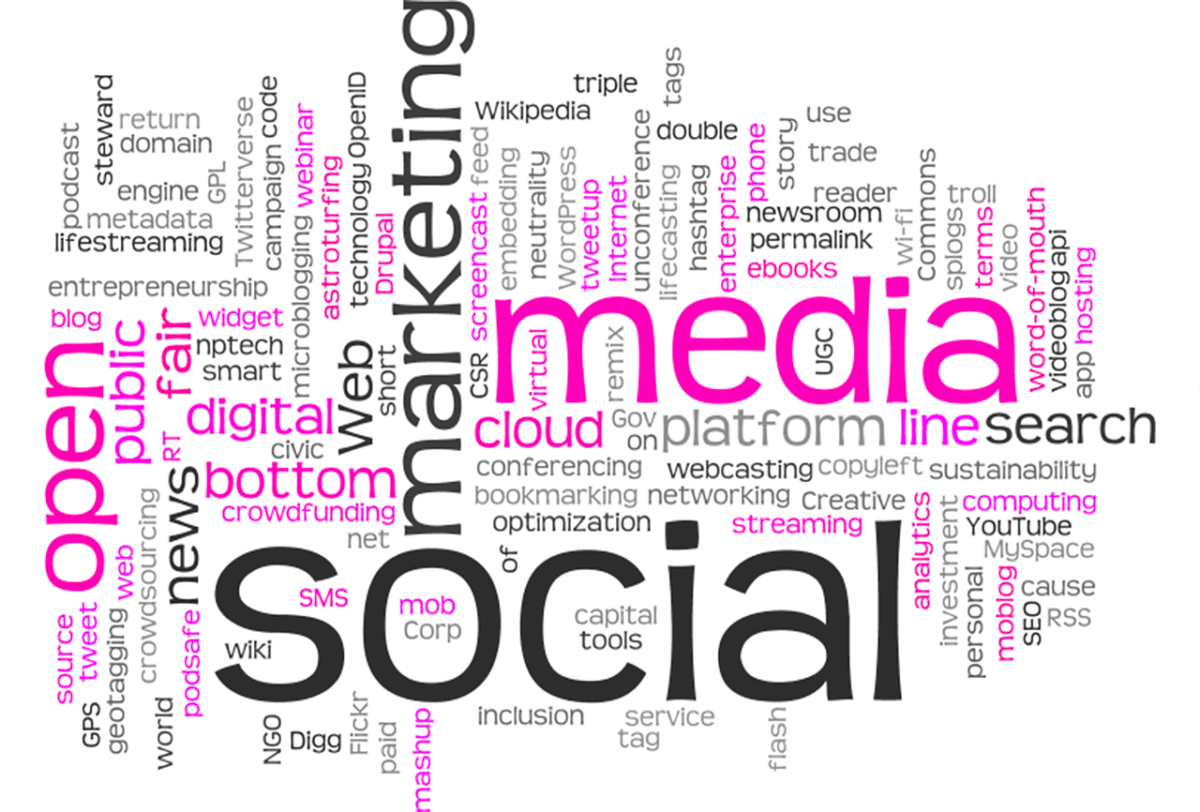The Content Marketing Conference Cleveland is a highly anticipated event that brings together industry professionals, thought leaders, and enthusiasts in the field of content marketing. It is a platform where individuals can gain valuable insights, learn from successful strategies, and network with like-minded individuals. Content marketing is a strategic marketing approach that focuses on creating […]







